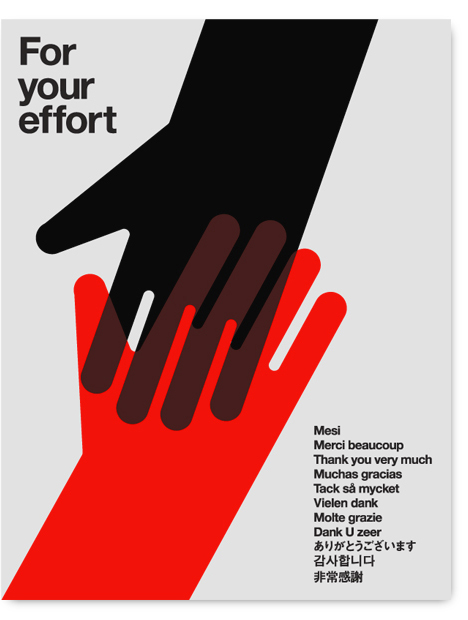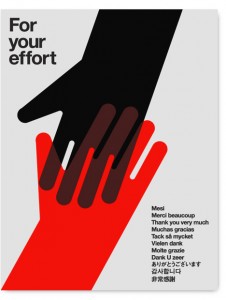“I have been described before by past supervisors as tedious, hard working, and driven.”
Huh?
Did he say “tedious?” As if it is a good thing?
I’m reviewing resumes for a client seeking an entry level person and it’s eye-opening. These young people clearly know to write a cover letter, as requested, but they aren’t aware of some other job search basics. One of the most important basic is to have someone else look at your cover letter before you send it. Someone you will listen to. Someone smarter than you.
If someone else read this young man’s cover letter, I hope they would have said “do you really mean tedious? Maybe you mean tenacious.” Two entirely different things.
He went in the “NO” pile simply because the job requires someone who has good judgment. This young man did not demonstrate good judgment, IMHO. It may sound harsh, and it is, a bit. Yet I have reviewed thousands and thousands of resumes, and have made allowances for youth. When I’ve interviewed those people, I found that someone who makes this kind of dumb mistake on a job application is also unimpressive in person, and doesn’t make it past the first screening.
There is a lot of help out there for writing a good cover letter. Avoid obvious mistakes by reading about cover letters on one of the hundreds of blogs (like this one). Even if you don’t find the small blogs, there’s always Monster.com, Careerbuilder.com, LinkedIn.com, About.com, Google search, Careerealism.com, etc.
Other reasons for the NO pile:
- Typos. Use spellcheck. Read your letter backwards to find typos and grammar mistakes (this is an old proofreaders’ trick).
- Unprofessional tone. “Have a blessed day” is not a good closing for a professional cover letter unless you are applying to work for a religious organization, and even then it is questionable. Say “Sincerely, Jane Doe.”
- Form letter that doesn’t specifically name the job or organization. This makes my inner HR person shout: “Make me want you, people! And the best way to do that is by showing you know who I am. Use my name!” If I get the sense that any job is good enough for you, then you aren’t the one for my client because my client needs someone who really wants to work for her organization – a non-profit. All organizations want true believers, and especially non-profits. So personalize your cover letter. Make the organization feel special, singled out, recognized, important, like the only game in town.
- Run on sentences and run on paragraphs. Some letters have sentences that contain 3 or more ideas, and paragraphs that are half a page long. It’s too much! I get breathless reading it, and I can’t figure out the point of either the sentence or paragraph. When the job involves writing, show you know how to write a complete sentence, and string together thoughts into a coherent paragraph. I suggest 4 paragraphs – the first that says what job you are applying for, the second that outlines some of your abilities and links them to the job at hand, the third that says why you want to work there and why you’re a great match, and the fourth that tells them you’d welcome the chance to talk more and gives your contact information.
- Work and volunteer history completely unrelated to the position. Even an entry-level job has certain requirements. If you’ve only done retail sales, why would you think you could do a job that involves writing? If you think you can, then make that case and give me some reason to believe you by including writing experience in your resume.
What gets people into the YES pile?
- Personalized letters clearly naming the job and organization
- Well-written letters with a few paragraphs and no typos or poor word choices
- Clear understanding of the job and an attempt to match their skills with the needs of the job
- Related volunteer, intern and work experience
- Passion for the organization’s mission
It’s actually fairly simple to write a good cover letter – IF you learn how to do it and take the time to do it right.



